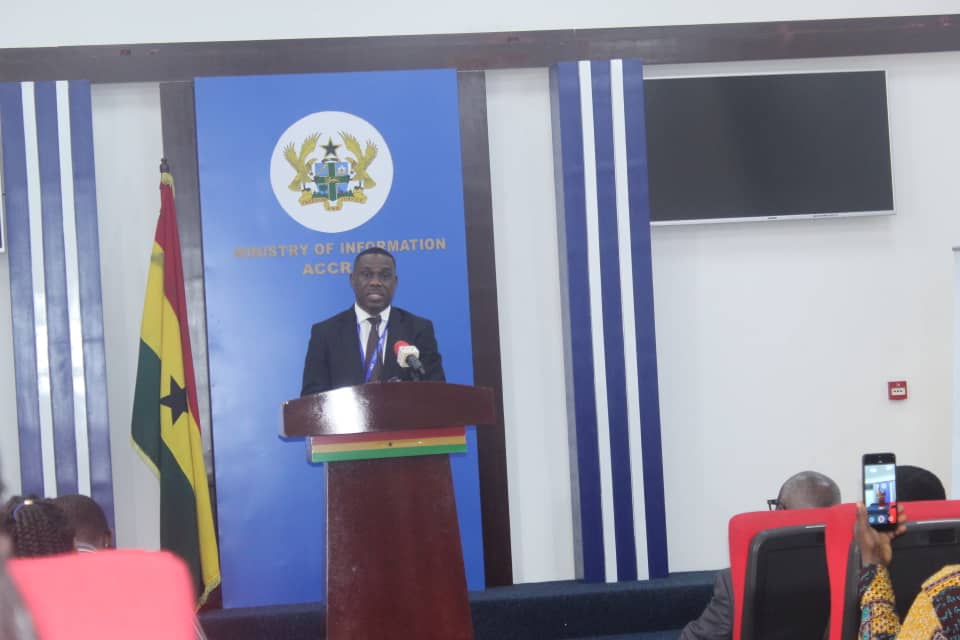By Kodjo Adams
Accra, March 27, GNA – The Internal Audit Agency (IAA), through its internal auditors, has saved the nation some GHS4.5 million from irregularities on the payroll of public institutions during the first quarter of 2023.
The Agency, working through the network of internal auditors and Audit Committees across the country, had uncovered over GHC 3.3 million in payments or processing of transactions outside the Ghana Integrated Financial Management Information System (GIFMIS).
The Agency said it would continue to work with the Controller and Accountant-General’s Department to resolve challenges associated with the use of GIFMIS and improve value for money in public administration.
Dr Eric Oduro Osae, the Director-General, IAA, said this in Accra on Monday at the launch of the Internal Audit Awareness Week celebrations to mark its 20th anniversary.
The programme is on the theme: ” Relevance of Preventing Corruption in Ghana Through Institutional Collaboration; Role of Internal Audit”.
He said the work of internal auditors continued to save the country millions of
cedis, and a typical example was the recent vigilance of the Internal Audit Unit of the Lands Commission Secretariat, which uncovered over GHC 100 million in fraud at the Commission.
Dr Osae said the Agency was collaborating with the Fair Wages and Salaries Commission to monitor and clean up the public sector payroll through a monthly monitoring and auditing of the Electronic Salary Payment Voucher of public institutions.
He said the Agency was supporting public institutions to move away from conventional pre-auditing and adopt a risk-based approach internal auditing system.
That, he stated, would ensure effective use of internal audit resources in the form and manner required by the Public Finance Management (PFM) Act 2016 (Act 921).
The Agency, he stressed was supporting public institutions to develop and mainstream Enterprise Risk Management procedures in their operations as required by the PFM Act 2016 (Act 921) to effectively identify and manage risks.
“As of today, 99 per cent of public institutions in Ghana have functioning Audit Committees in line with Section 86-88 of the PFM Act 2016 (Act 921),” he said.
The Director-General said the Agency in ensuring compliance with the internal auditing requirements under the PFM, would continue to name and shame institutions that failed to comply with the PFM Act.
He said the GIZ had funded the Agency to train about 4,865 Audit Committee members for 16 RCCs, 261 Metropolitan,Municipal and Dìstrict Assemblies and Ministries, Departments and Agencies across the
country to acquire skills in contemporary internal auditing practices.
Mr Joseph Winful, Board Chairman, IAA, said the Agency was working with other institutions, including the Economic and Organized Crimes Office, the Commission of Human Right and Administrative Justice, the Ghana Integrity Initiative, among others, to strengthen accountability and control structures in all public institutions.
He called on the government to address the challenges of the Agency, including low remuneration and poor conditions of service.

The Board Chairman said the Agency was also operating with an obsolete law—the current IAA Act 2003 (Act 658), which made Internal Auditing reforms lag behind other PFM reforms.
The Agency also do not have Computer-Aided Audit Techniques.
GNA